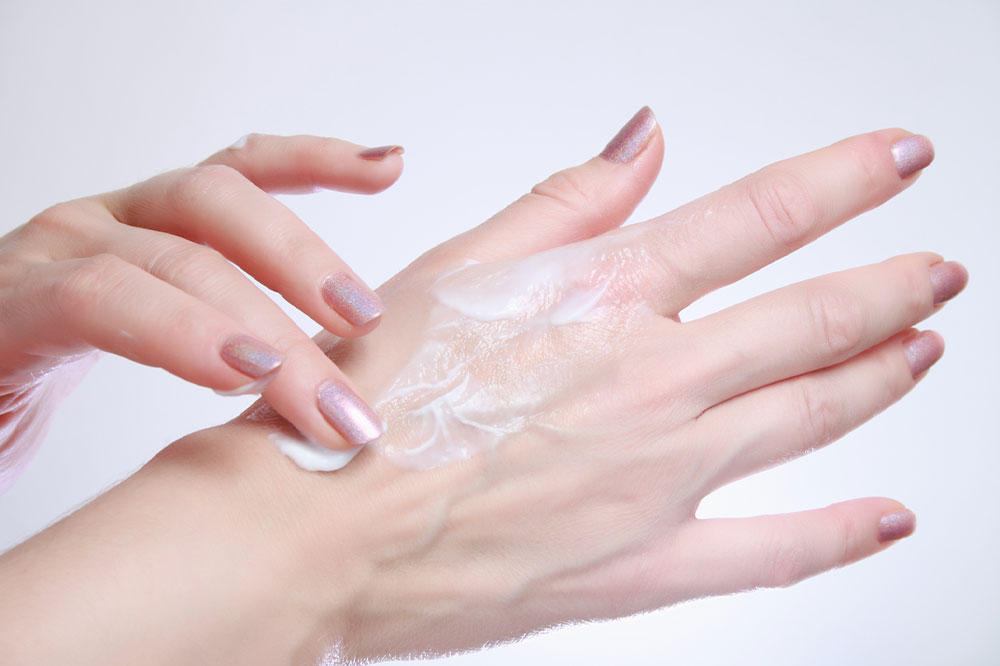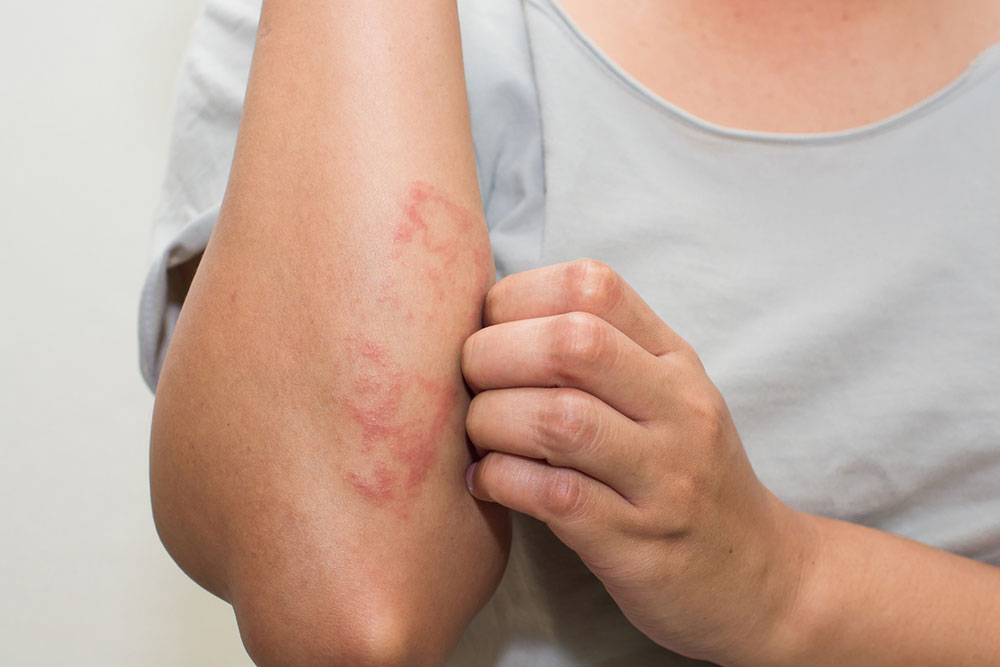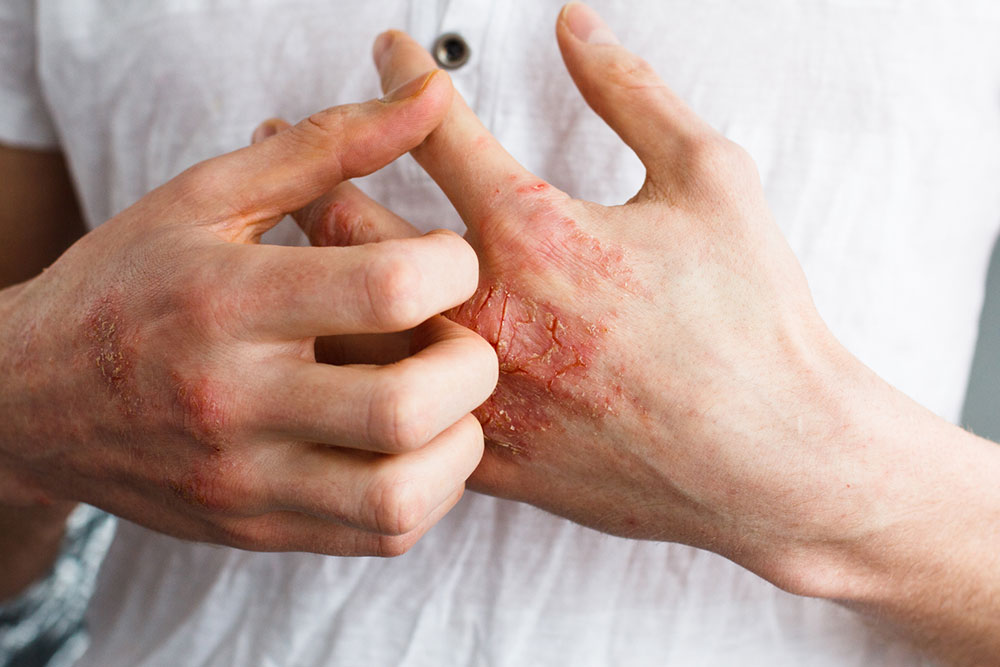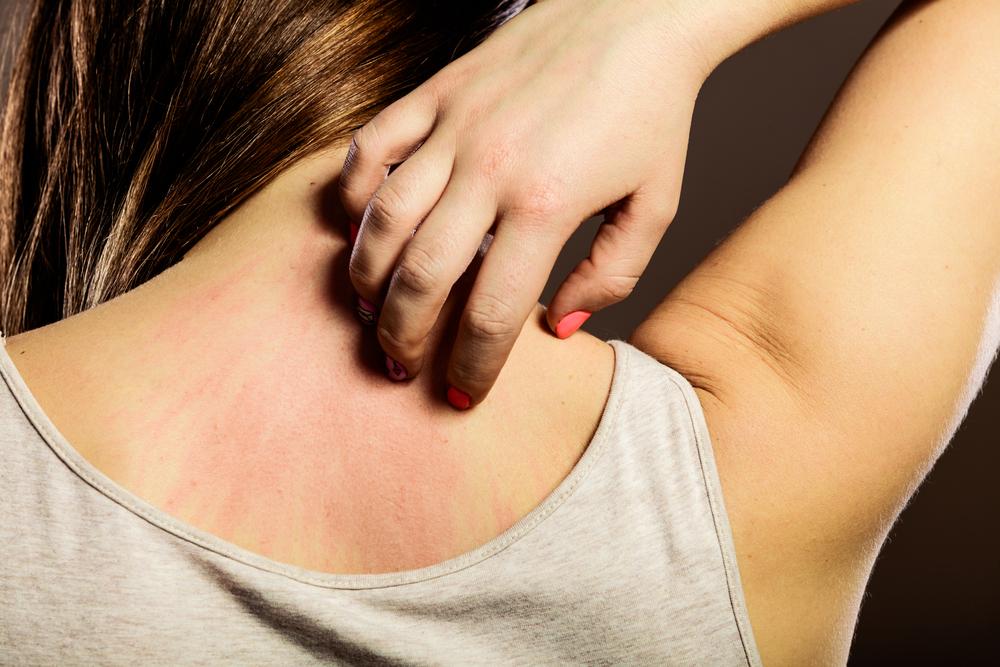Understanding Eczema: Symptoms, Causes, and Treatment Options
Learn about eczema, its symptoms, causes, and treatment options. This guide helps understand how to manage and alleviate flare-ups effectively with professional advice and proper skincare routines. While there is no permanent cure, proper treatment can control symptoms and prevent complications.
Sponsored

Eczema is a skin condition characterized by inflammation and irritation. In the United States, approximately 10-20% of infants and 3% of adults are affected. Most children outgrow eczema by age 10, though some experience recurrent symptoms lifelong. The most prevalent type, atopic dermatitis, is linked to inherited allergic tendencies such as hay fever or asthma.
Causes of Eczema
While the exact cause remains unknown, eczema is often associated with an overactive immune response to triggers. Factors like defective skin barriers, hereditary predisposition, stress, exposure to irritants, and environmental changes can exacerbate the condition.
Symptoms primarily include intense itching, redness, and skin rashes appearing on the face, hands, feet, or behind the knees. The affected skin may become dry, rough, or scaly. Fair-skinned individuals might notice redness that turns brown, while darker skin tones could experience pigmentation changes, making patches appear darker or lighter.
Treatment Approaches
Though eczema cannot be cured permanently, effective management can alleviate symptoms and prevent flare-ups. If you experience persistent or frequent eczema, consult a healthcare professional for personalized treatment. Common strategies include using prescribed topical steroids, anti-inflammatory ointments, and barrier-repair moisturizers to soothe dryness, reduce itching, and heal the skin. Antibiotics may be necessary if bacterial infections develop from scratching.
Maintaining healthy skin through regular bathing with warm water and moisturizing is vital. Avoid irritants, wear comfortable clothing, and manage stress to minimize flare-ups.






